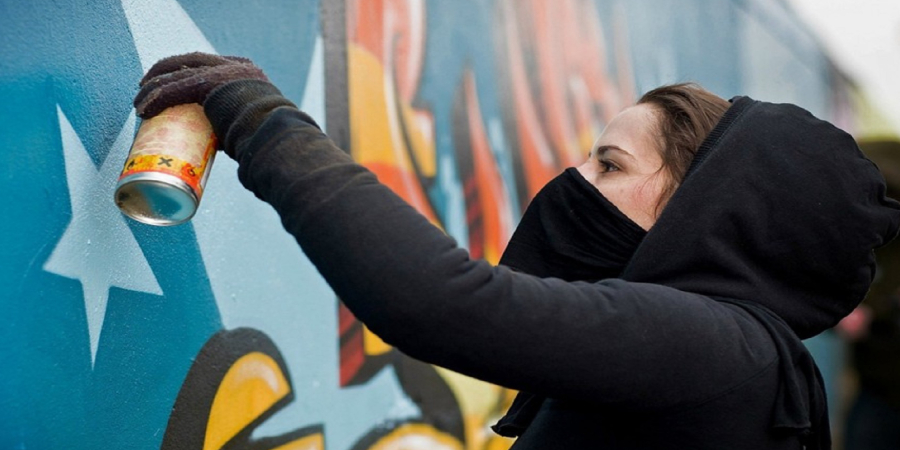Learn to Do It Quick and Easy
To achieve a smoothly painted object, use sprayed coating as it is not only smooth but also reflects light, which makes the surface flaws less visible. Use lazy Susan for the items you’re painting then rotate it to ensure even coverage. Get your hands out of the way, whenever you are painting small items such as fasteners, use a sheet of cardboard to stick them through it.
While working on more significant projects, do not waste your time on taping the newspapers together because they tend to fall apart. Moreover, use plywood to spray a test shot to see the patterns produced by the spray can. The technique can be adjusted by holding a can closer or further from the target. It is recommended to use a high-glass coating to restrain chemicals and rusts on more robust products.
You should use a 2k (two-component) spray paint such as epoxy and solvents. It is always smart to clean while you paint. Scouring pastes can abrade and clean automatically. They are especially helpful in preparing a curved and irregular surface for the paint. Plus, you should clear shellac or a primer to prevent sappy tree knots from bleeding through a topcoat of paint or varnish.
Shellac seals in odors and stains. Besides these, there are some more smart tips you must follow while painting. You can also consider hiding grains with a high-build primer. When painting something such as fir plywood, use primers and the topcoats “high build” as they are thicker and dry quickly.
Perfecting your oval can also be highly beneficial. To avoid hammered textures and glossy surfaces, use a spray can-holder such as Can-Gun 1, which allows more natural sweeping motion. There is a direct relationship between the state of the surface of the item you’re painting and the coat of the paint. The smoother the surface, the softer the skin of the color will be.





